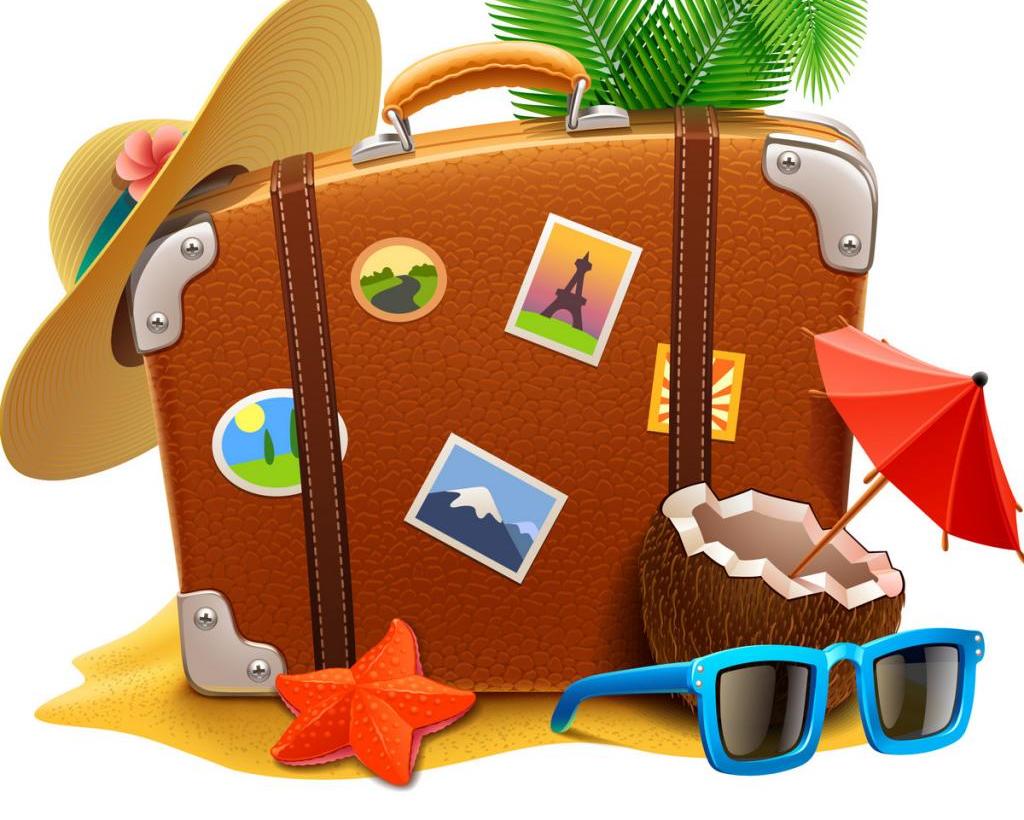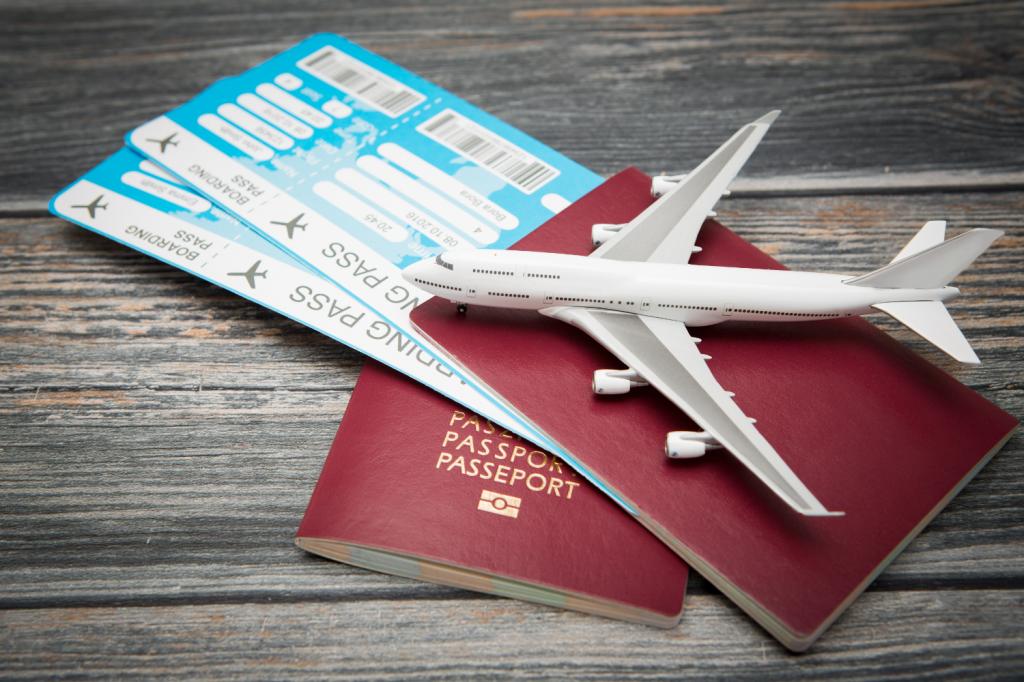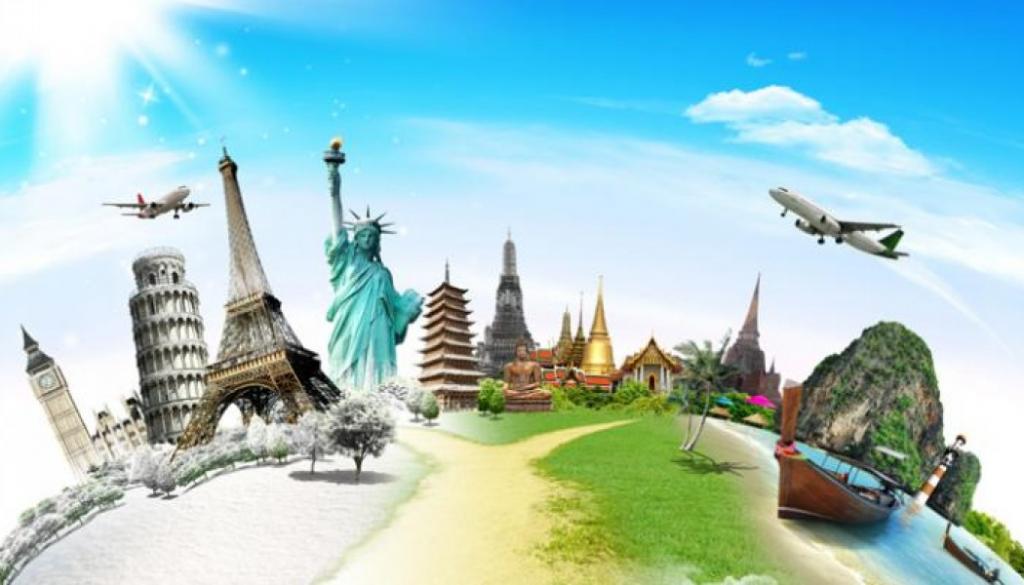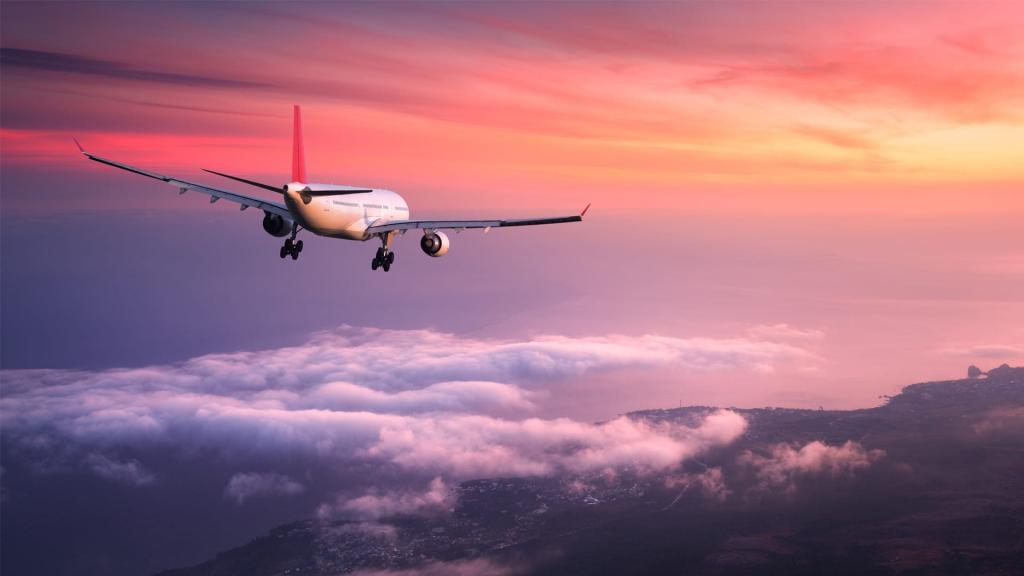Traveling is one of the most popular ways to relax. They can be planned or spontaneous. But in any case, the traveler is faced with travel services. What is it? Who provides them? How to get quality service?

Where to go?
The provision of tourism services may be carried out only by:
- tour operators who are large, medium and small.
- travel agencies or travel agencies, which can be independent or network (in the second case, a number of companies are a brand and have a common activity policy).
There is one significant difference between these organizations: tour operators are engaged in the formation of a package of services, and travel agencies / travel agencies are engaged in its implementation.
In the field of tourism, this package is called a tourism product. Thus, the latter act as an intermediary between the tour operator and the client for the implementation of the specified product. Tour operators are located in large cities. In settlements where the population does not exceed 1 million people, travel agencies or travel agencies sell services. It is also worth noting that large tour operators sell a tourist product through authorized travel agencies or agencies, and medium and small ones sell themselves.
How to choose a company?
In order for the vacation to leave behind pleasant memories, and not problems, it is necessary to correctly approach the choice of travel agency (or travel agency). It is important to follow these guidelines:
- Preparation for the vacation should begin at least 2-3 months before the desired date. Such a step will allow you to get acquainted with all the travel agencies available in the city, the range of tourist products and choose the best option in a calm environment.
- When choosing a travel agency, it is best to dwell on the one that provides travel services on the market for more than 5 years. This means that the company already has sufficient experience in the tourism sector, cooperates with trusted tour operators and has regular customers.
- Reviews are another item worth paying attention to. They can be both from friends and acquaintances, and from regular customers. Reviews of the latter can be read not only on the Internet, but also in the book of complaints and offers of travel agencies.
- At the first meeting with the manager, you need to pay attention to how he communicates with the client. Speech should be confident, and answers to questions should be quick and clear. It is important that they are accompanied by visual materials in the form of photos, videos, booklets.
- The price of a tour product. Before visiting a travel agency, it is important to know in advance the approximate price for the desired package of services. If the price in the organization in question is too high or low, then this fact should alert the client.

What are the differences between travel services?
Despite the fact that you need to pay for travel services, they are not a commodity. In addition, they belong to the category of service, although they differ from other types of services. What are their features? Consider:
- Intangibility and inability to store. The client can purchase a tourist product, but can not store it, because the services have a period by which they must be used.
- Distance and time. To take advantage of the purchased product, the client must come to the point where travel services are sold, which requires free time.
- Dependence on external factors. The implementation and quality of travel services depend not only on the tour operator or travel agent, but also on circumstances that they cannot affect. This is, first of all, the political situation in the country, international circumstances, natural and weather conditions, as well as events and force majeure.
- Variability. Travel services - a product whose price directly depends on such factors as seasonality, the strategic development of the travel's end point and the creation of its positive image to motivate the client to purchase a ticket or conclude an agreement.
What should be the service?
The range of services offered by clients of travel agencies should be:
- Safe, which implies an environmentally friendly environment at the end point of the trip, compliance with the standards of the used equipment and personnel trained to provide any necessary assistance.
- Comfortable, which should be understood as the creation of normal conditions in the room and the observance by staff of ethical standards.
- Integrated and ergonomic, which implies the compliance of the services with the volumes, terms and conditions of the contract or package, and also meets the psychophysical state of the client.

What can be a travel service?
Travel agency services can be in the form of:
- excursions, which are aimed at meeting the informational, aesthetic or spiritual needs of a tourist;
- a trip, the purpose of which is to satisfy the need for outdoor activities and healing the body;
- travel, which is a comprehensive tour with elements of hiking and excursions.
What types of services are there in tourism?
The services offered to the client can be divided into basic and additional.
The main ones are those services that are necessarily included in the package or are indicated in the contract for the provision of travel services, that is:
- transport (car, train, plane, ship, bus, bike);
- accommodation (hotel, boarding house, camping, tourist village or base);
- food (only breakfast, breakfast and dinner or three meals a day);
- excursions to the tourist center, which includes the natural, cultural, historical, infrastructural and socio-demographic possibilities of the tour destination.

By additional services are meant those that are purchased by the client separately from the main ones. Their price is either included in the final price of the ticket, or paid upon arrival at the final destination indicated on the tour. These services include:
- places of catering, excursions and entertainment not specified in the contract or ticket;
- services of guides, translators, beauty salons; services for consumer services, purchase and delivery of flowers, tickets, food, drinks;
- rent a business center, meeting room or conference room;
- temporary use of the sauna, pool, bathhouse and gym.
All types of tourist services can be implemented both individually and in combination (in the form of so-called inclusive or package tours).
What types of tourism are there?
Demand for tourism services creates an offer that is formed in the form of a tourist product. Modern tourism industry can offer tourism:
- medical (medical), which includes balneology, mud therapy, treatment by the sea;
- sports, in which the tourist either participates in any activities (active view), or is a spectator (passive view) of sporting events;
- business, in which business contacts with business partners are formed during the trip;
- congress, during which the tourist takes part in various symposia, congresses;
- religious (cult), during which the tourist visits various holy places due to important dates or for the remission of sins;
- recreational, which is aimed at restoring the physical and mental strength of a person (this type includes entertainment, educational, recreational, ethnic activities).
Where and where do tourists go?
All of these species can be domestic (national) or external (international). Among the main areas of outbound tourism can be identified:
- Egypt;
- Bulgaria
- Turkey
- Greece
- Cyprus;
- Thailand;
- China;
- Vietnam;
- Finland
- France
- Italy
- Spain
- Austria
- Czech Republic
- Great Britain.
The purposes of trips to these countries are beach vacations, leisure, employment, formation of new business contacts or a visit of relatives. An analysis of the tourism services market showed that Russia is also one of the attractive destinations for both foreign citizens and Russians. Among foreigners, the country was most often visited by residents:
- Germany
- Great Britain;
- Austria
- Italy
- Spain
- Australia
- Israel
- The Netherlands;
- Sweden
- Canada
- Japan
- USA;
- France.
Citizens of these countries visited Russia at work, for leisure or for cultural and educational purposes.

The most visited regions, both among foreign citizens and among Russians, include:
- Moscow
- St. Petersburg;
- Krasnodar Territory (Sochi, Adler);
- Crimea (South coast, Evpatoria);
- Kazan;
- Kaliningrad
- Velikiy Novgorod;
- Nizhny Novgorod;
- Pskov;
- Tver
- the city of the Golden Ring.
Thanks to the fabulous winter during the New Year holidays, the following are especially popular:
- Great Ustyug;
- ski resorts: Krasnaya Polyana, Elbrus region and Dombay;
- motels and resorts in Caucasian Mineralnye Vody, Stavropol Territory and Central Russia.
Tourism in Russia - what is it?
Despite the fact that tourism is one of the most profitable destinations for the Russian economy, this sphere cannot compete with outbound tourism. Among the main reasons it is worth highlighting:
- high prices for basic and additional tourism services;
- shortage of hotels corresponding to the modern European level of service;
- unsystematic development of the tourism sector;
- targeting high income tourists.
Contractual obligations
Travel services agreement - a document that must be signed by the operator and the client after the latter has chosen a tourist product. It contains information about:
- tour operator;
- provided tour product;
- the client;
- duration and features of the trip;
- rights of the parties;
- provisions in which the document ceases to be valid.
The contract may contain additional conditions, the availability of which depends on the wishes of the client or the requirements that the host country makes. This may be compulsory travel insurance. In this case, the confirming document is the policy, which is issued in 2 languages: Russian and the state language of the host country. When an insured event occurs, the client contacts the insurer and acts according to his instructions.

What should a tourist know?
Upon receipt of travel services, the client must be provided with written or oral information about:
- features of entry into and exit from the country;
- objects that are under protection;
- customs and traditions of the people;
- dangers that a tourist can expect and measures to prevent them.
During the trip, the tourist has the right:
- move freely around the city or country and visit the sights in the absence of any state restrictions;
- if necessary, obtain the necessary medical or legal assistance;
- get access to available types of communication;
- to receive compensation for non-pecuniary damage or loss, provided that the tourist services were not provided in full or were of inadequate quality.
As for the client as a tourist, when he is in the host country he is obliged:
- comply with local laws, entry and exit regulations;
- respect religion, customs, traditions and social structure;
- comply with personal safety rules;
- protect the environment and monuments of nature, culture and history.
The tour operator (or travel agent) and the client should do everything possible to ensure that travel services meet all the necessary requirements. But even in this case, none of the parties is immune from legal liability. The client has the right to contact the Federal Service for Supervision of Consumer Rights Protection if:
- the tour operator (or travel agent) does not conclude a basic or public travel agreement with him;
- he received incomplete or inappropriate information about services;
- clauses specified in the contract are not fully or improperly implemented;
- the person or property of the tourist through the fault of the tour operator (or travel agency) was harmed.

Travel services is a service that will always be relevant. Therefore, each person needs to know what they are and how to get a truly high-quality service.









